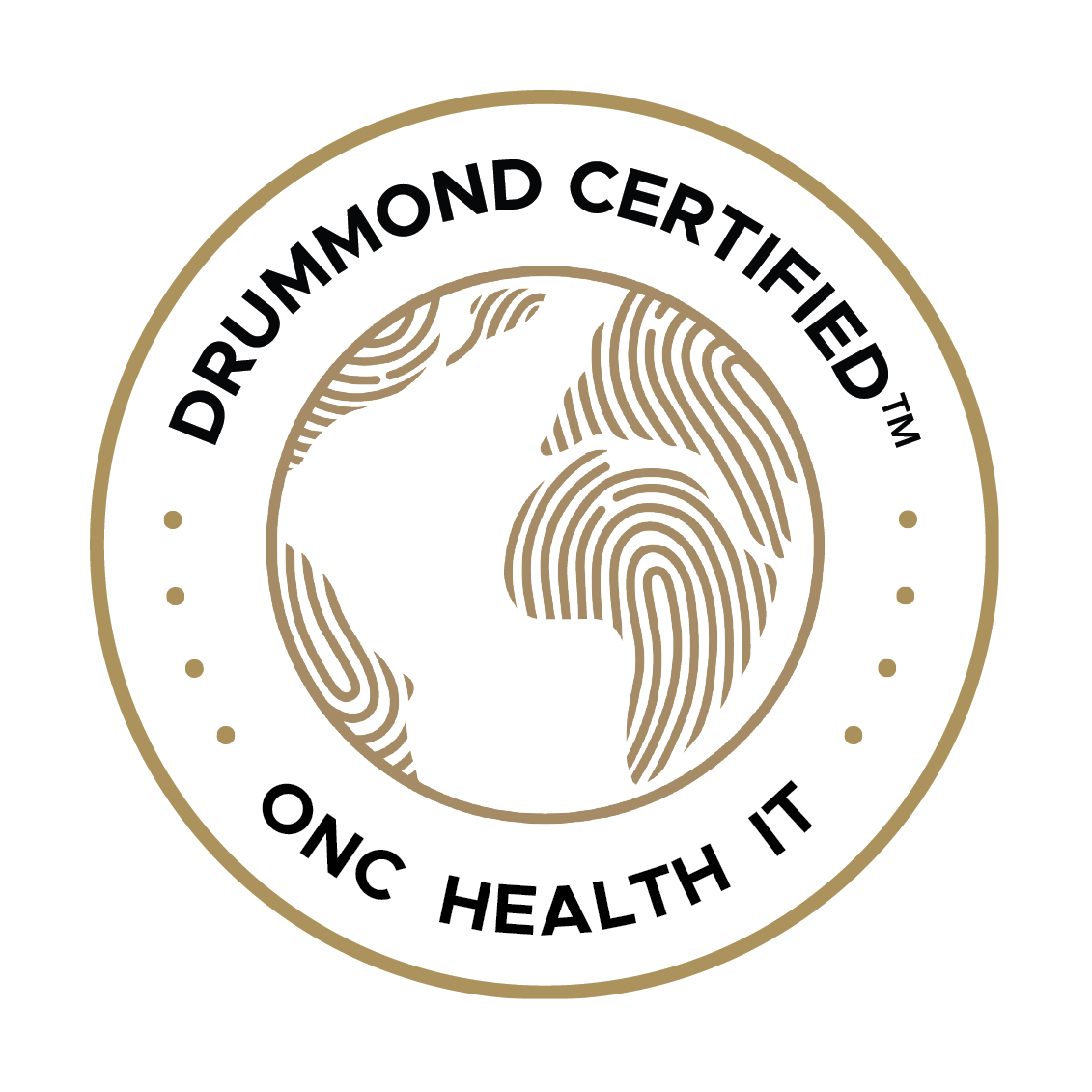What is cardiovascular health?
Cardiovascular health refers to the overall well-being of the heart and blood vessels, and it plays a vital role in maintaining optimal physical function. It encompasses several factors, including the strength and efficiency of the heart, the flexibility and health of the blood vessels, and the ability of the cardiovascular system to deliver oxygen and nutrients to the body’s tissues. Good cardiovascular health is essential for maintaining a healthy lifestyle and reducing the risk of heart disease, stroke, and other cardiovascular conditions. Regular exercise, a balanced diet, and lifestyle choices such as not smoking and managing stress are all crucial for achieving and maintaining optimal cardiovascular health. By prioritizing cardiovascular health, individuals can improve their quality of life and longevity.

Why is cardiovascular health important?
Cardiovascular health is of utmost importance as it directly affects the well-being of our heart and blood vessels. A healthy cardiovascular system ensures efficient transportation of oxygen, nutrients, and hormones throughout the body, while also aiding in the removal of waste products. Maintaining cardiovascular health reduces the risk of developing various heart diseases, including heart attack, stroke, and high blood pressure. Moreover, a healthy heart contributes to improved overall fitness, endurance, and quality of life. By understanding the significance of cardiovascular health, we can make informed choices and adopt lifestyle habits that promote a strong and resilient heart.
Risk factors for cardiovascular disease
Understanding the risk factors for cardiovascular disease is crucial for maintaining optimal cardiovascular health. While some risk factors, such as age and family history, cannot be changed, others are within our control. Factors such as smoking, high blood pressure, high cholesterol levels, obesity, and a sedentary lifestyle significantly increase the risk of developing cardiovascular disease. By addressing these modifiable risk factors through lifestyle changes, such as quitting smoking, eating a balanced diet, engaging in regular physical activity, and managing stress, we can greatly reduce our chances of developing cardiovascular disease and promote overall heart health.
How to maintain a healthy cardiovascular system
Maintaining a healthy cardiovascular system is vital for overall well-being and longevity. Regular physical activity, such as cardiovascular exercise, plays a key role in achieving this goal. Engaging in activities such as running, swimming, or cycling helps strengthen the heart, increase lung capacity, and improve blood circulation. It also helps lower blood pressure, reduce cholesterol levels, and control weight, all of which are crucial in preventing heart disease and other cardiovascular conditions. Additionally, a healthy diet rich in fruits, vegetables, whole grains, and lean proteins, coupled with avoiding smoking and excessive alcohol consumption, further supports cardiovascular health. By prioritizing these lifestyle choices, individuals can proactively maintain a healthy cardiovascular system and reduce the risk of developing cardiovascular diseases.
The role of diet in cardiovascular health
Diet plays a significant role in maintaining cardiovascular health. Consuming a balanced diet rich in fruits, vegetables, whole grains, and lean proteins can help reduce the risk of heart disease and improve overall cardiovascular health. Certain foods, such as those high in saturated and trans fats, sodium, and added sugars, can contribute to the development of heart conditions. By making mindful food choices and incorporating heart-healthy ingredients into our meals, we can support optimal cardiovascular function and reduce the likelihood of cardiovascular diseases.
The importance of regular exercise for your heart
Regular exercise is crucial for maintaining cardiovascular health. Engaging in physical activity on a regular basis helps to strengthen the heart muscle, improve blood circulation, and lower the risk of heart disease. When you exercise, your heart rate increases, which in turn allows more oxygen and nutrients to be delivered to your muscles. This not only improves your overall fitness level but also helps to reduce the workload on your heart. Additionally, regular exercise can help to lower blood pressure, reduce cholesterol levels, and maintain a healthy weight, all of which are key factors in maintaining a healthy heart. So, make sure to incorporate regular exercise into your routine to keep your heart strong and healthy.
Stress management and its impact on cardiovascular health
Stress management plays a significant role in maintaining optimal cardiovascular health. When we experience stress, our bodies release hormones like cortisol and adrenaline, which can increase heart rate and blood pressure. Over time, chronic stress can lead to the development of conditions like hypertension and heart disease. By actively managing stress through techniques such as exercise, meditation, and deep breathing, we can reduce the strain on our cardiovascular system and improve overall heart health. Prioritizing stress management is essential for maintaining a healthy heart and preventing the onset of cardiovascular diseases.
The dangers of smoking and its effects on the heart
Smoking poses significant dangers to cardiovascular health and can have detrimental effects on the heart. When you smoke, the chemicals in tobacco smoke enter your bloodstream and cause damage to the lining of the blood vessels, leading to the build-up of fatty deposits and narrowing of the arteries. This process, known as atherosclerosis, increases the risk of heart disease, heart attacks, and strokes. Additionally, smoking reduces the amount of oxygen that your heart receives, making it work harder to pump blood and increasing the likelihood of heart-related complications. It is crucial to understand the severe impact smoking has on the heart and take steps to quit smoking to protect your cardiovascular health.
Understanding your cholesterol levels and blood pressure
Understanding your cholesterol levels and blood pressure is essential in maintaining cardiovascular health. Cholesterol is a waxy substance found in your blood that is necessary for the production of hormones and vitamin D, but high levels of LDL (bad) cholesterol can lead to plaque buildup in your arteries, increasing the risk of heart disease. Monitoring your cholesterol levels through regular blood tests can help you make informed lifestyle choices and take necessary steps to lower your cholesterol if needed. Additionally, blood pressure is a measure of the force of blood against the walls of your arteries. High blood pressure, also known as hypertension, can damage your blood vessels and increase the risk of heart disease, stroke, and other cardiovascular conditions. By understanding and managing your cholesterol levels and blood pressure, you can take proactive steps to protect your cardiovascular health and reduce the risk of serious complications.
Conclusion: Taking steps to improve your cardiovascular health
Conclusion: Taking steps to improve your cardiovascular health is crucial for overall well-being and longevity. Regular aerobic exercise, such as walking, running, or cycling, helps strengthen the heart and improve its efficiency. It also aids in maintaining healthy blood pressure levels and reducing the risk of heart disease and stroke. Additionally, adopting a heart-healthy diet rich in fruits, vegetables, whole grains, and lean proteins can further support cardiovascular health. By making these lifestyle changes and prioritizing cardiovascular health, individuals can greatly enhance their quality of life and reduce the likelihood of developing cardiovascular conditions.



